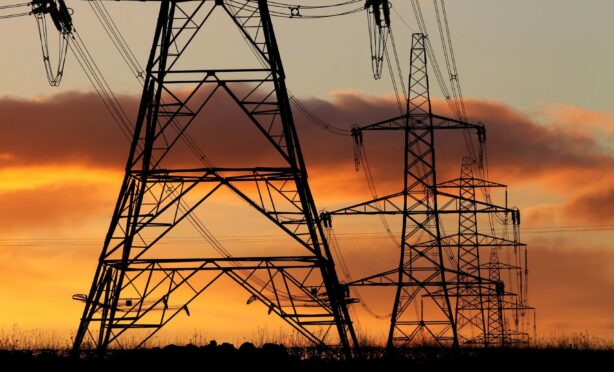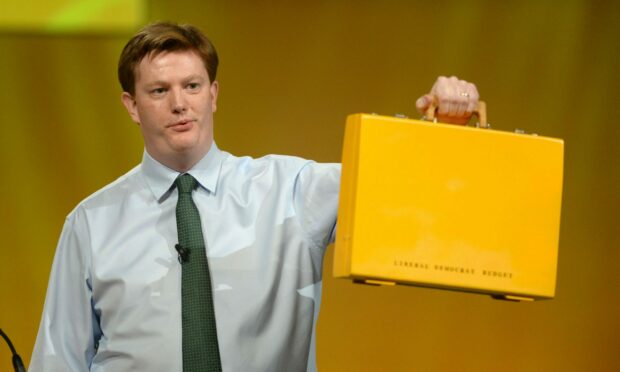Conservatives have been accused of “killing off” plans which could have protected thousands of families in northern Scotland from soaring electricity bills.
With Boris Johnson’s government under pressure over huge hikes to energy costs that will hit rural areas hardest, the Scottish Liberal Democrats recalled how a scheme to help shield long-suffering consumers in the north was abandoned.
At the time, a P&J campaign had been demanding an end to the “postcode lottery” regional distribution system that ensures northern Scotland pays the highest bills, despite producing an energy surplus and suffering the UK’s worst fuel poverty rates.
Fair Deal on Energy Prices
The award-winning Fair Deal on Energy Prices campaign won the backing of energy giant SSE, leading politicians and powerful regulators.
Sir Danny Alexander, a Highland MP and influential chief secretary to the Treasury, was privately pushing his coalition government colleagues for a review of the system.

Chancellor George Osborne eventually responded at the Budget in March 2015 by announcing that officials would carry out a consultation on the cost of electricity in northern Scotland over the summer.
They said that from the following year they planned to peg the costs paid by consumers to those in the second most expensive region in the UK, saving each household in Grampian, Tayside and the Highlands and islands an average of £30 a year.
The move was widely welcomed as a first step towards a fairer system.
However, it was quietly dropped after the Conservatives won a majority at the 2015 general election.
The former Lib Dem government minister later accused his ex-coalition partners of causing “deep damage” to northern Scotland by “burying” the initiative.
‘Over the odds’
Orkney MSP Liam McArthur, energy spokesman for the Scottish Lib Dems, reminded the Tories of their U-turn as consumers brace themselves for more eye-watering rises.
“The Conservative party were responsible for killing off plans to slash electricity bills for thousands of families across the north of Scotland,” he said.
“For too long, people in this part of the country have been surcharged and paid over the odds for power. Little wonder that fuel poverty has been a persistent problem for so long.
“We need a cost-of-living rescue package to save households on the brink and reassure all those worried about how they’re going to pay the bills.”
‘Carping from sidelines’
Scottish Conservative shadow energy spokesman Liam Kerr said: “Households across the UK face tough decisions over their domestic bills as global energy prices surge.
“That’s why the Chancellor’s action to smooth that spike with £290 million for Scotland, delivering the energy discount and a Council Tax rebate, is welcome.
“The Liberal Democrats oppose North Sea oil and gas exploration that would help protect our domestic energy supply from market volatility.
“Instead of carping from the sidelines, they should try backing the North East’s energy industry and the tens of thousands of jobs it supports.”
‘Risk’
A UK Government spokesman said: “We are providing support for energy bills across the UK with a £200 discount on bills this autumn and a £150 reduction in Council Tax bills for eligible households.
“This intervention comes on top of the existing £12 billion of support we have in place over this financial year and next, targeted at households that need support the most.”
“Network charges are a matter for the independent energy regulator Ofgem and are designed to reflect the costs of using the grid, which ensures its efficient use and limits overall costs to consumers.
“Moving away from the current approach would risk an overall increase in costs. The UK Government’s Hydro Benefit Replacement Scheme helps protect consumers in the north of Scotland by providing an annual assistance amount of £90m to reduce electricity distribution charges.”
